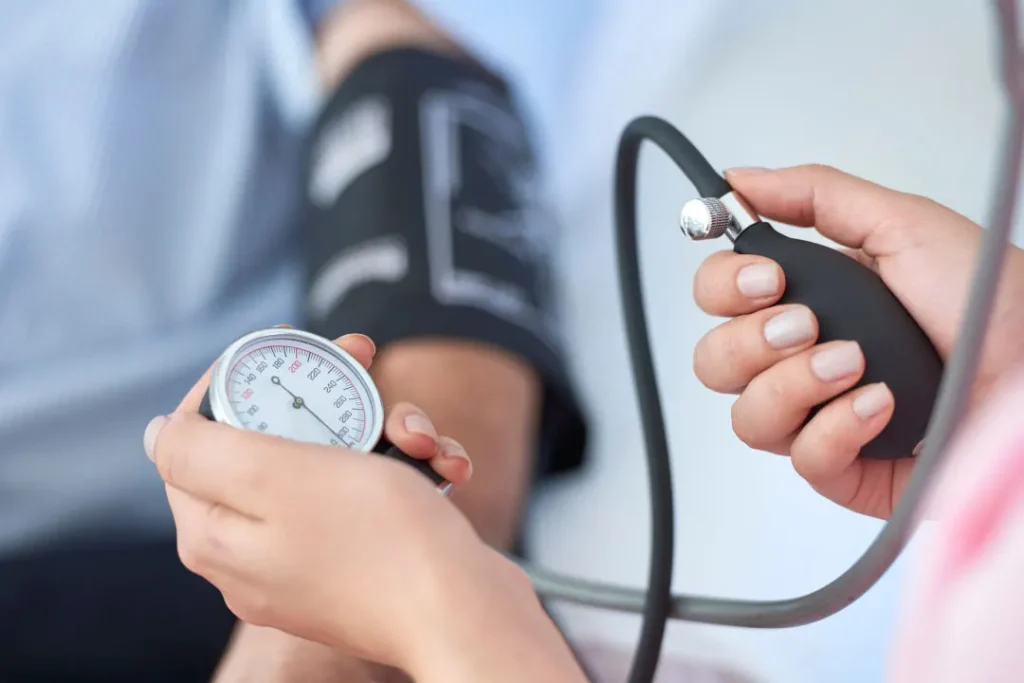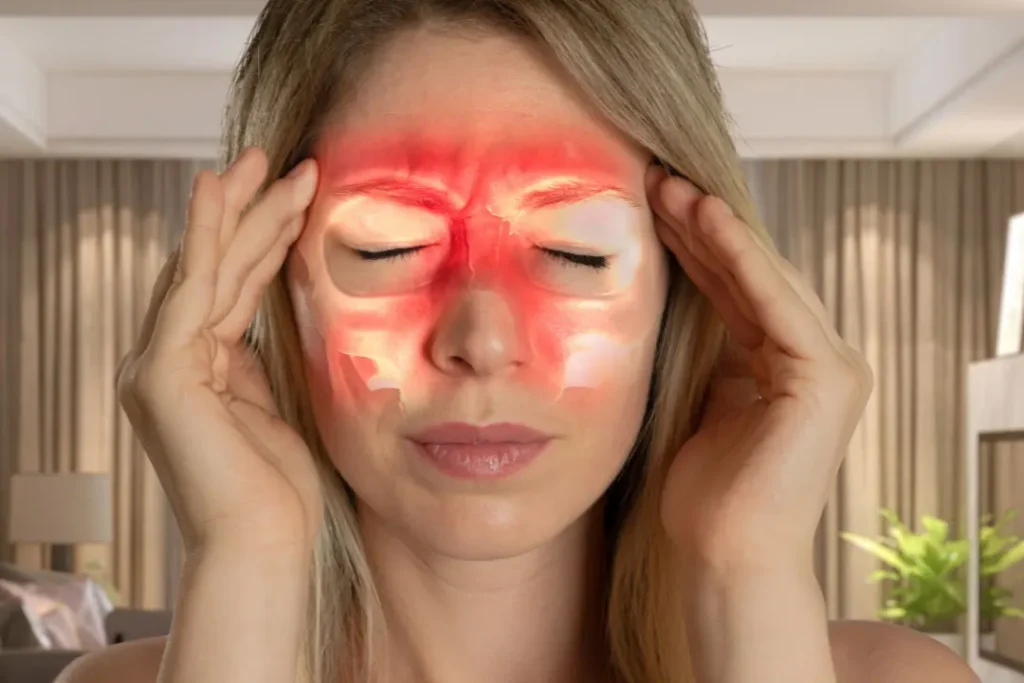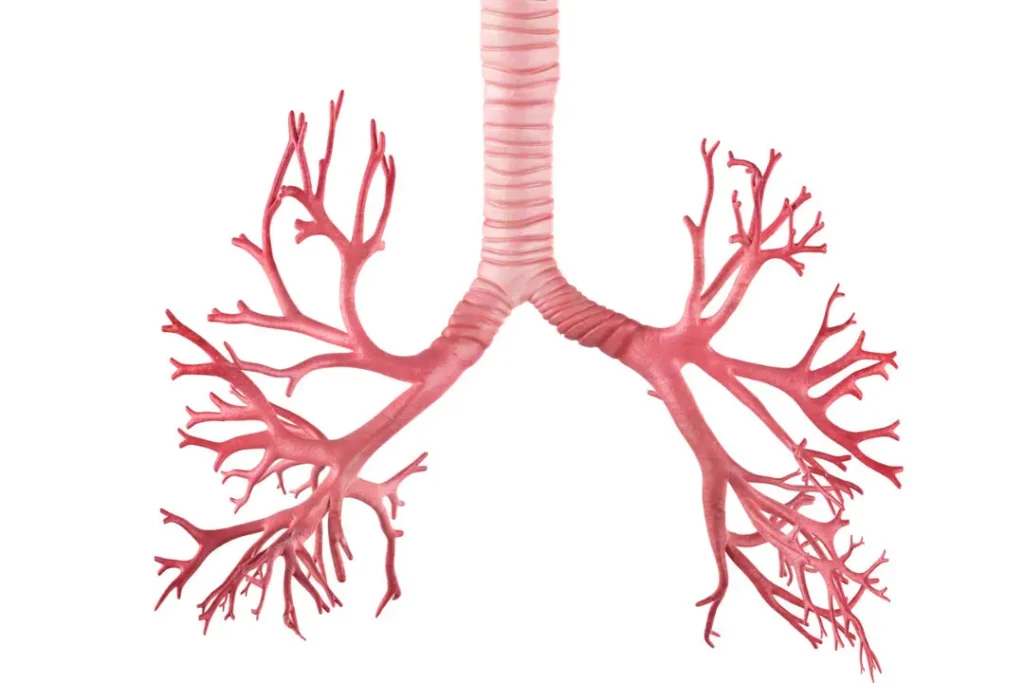A native of Asia, ephedra, especially ephedra sinica, or ma huang, has long piqued interest due to its significant physiological effects and possible health advantages. Despite having therapeutic potential, it has a complicated background and has multiple side effects. This article examines the properties of ephedra, and its potential health advantages, suggested doses, side effects, possible drug interactions, and best practices for use. This article will provide light on the scientific principles underlying how it affects the body and brain.
You May Also Like:
Finding the Best Supplements for Brain Fog After COVID: 5 Top Brands Reviewed
Ephedra: Benefits, Dosage, Side Effects, Drug Interactions, and Other Important Information is an original (NootropicsPlanet) article.
Nature of Ephedra
The ephedraceae family includes the hardy perennial shrub ephedra sinica, which grows well in dry or desert environments. The herb was first used over 5,000 years ago, in traditional Chinese medicine. Alkaloids such as phenylpropanolamine, pseudoephedrine, and ephedrine are the main active ingredients in ephedra. These alkaloids imitate the properties of adrenaline, activate the central nervous system, and have a thermogenic (heat-producing) impact on the body.
Health Benefits of Ephedra
Ephedra has the potential to help in weight reduction due to its thermogenic properties and ability to raise metabolic rate. Due to its bronchodilatory properties, the plant can also help with nasal congestion brought on by colds, the flu, allergies, and respiratory diseases like asthma.
Additionally, ephedra’s impact can improve attention and alertness, making it popular among athletes and those looking to improve their cognitive or physical health. Despite these evaluations, these applications can still raise health concerns and are debatable.

Chemistry of Ephedra
The alkaloids ephedrine and pseudoephedrine are the two significant phenolic substances in ephedra. Ephedrine is a substance generated from phenylalanine with a chiral core that enables it to exist in two enantiomers: (+)-ephedrine and (-)-ephedrine. Each enantiomer has a unique physiological reaction. Compared to the (+)-enantiomer, (-)-ephedrine is more powerful and demonstrates higher central nervous system activation.
Physiological Properties of Ephedra
Norepinephrine, a strong neurotransmitter, is released from sympathetic nerve endings in your brain when ephedrine is taken. Your heart rate, blood pressure, and bronchial relaxation all rise as a result of this release. It also encourages the production of noradrenaline and adrenaline, which sets off a chain of events that raises blood flow to the muscles, cardiac output, and blood sugar levels, and prepares your body for “fight or flight.”

Optimal Dosage of Ephedra
The ideal ephedra dose is difficult to determine since it depends on several factors, such as your age, health, and the intended purpose for using it. Ephedra is commonly used at a dosage of 1-4 grams in traditional Chinese medicine. Ephedra should only be used under the guidance of your healthcare provider owing to the possibility of side effects.
Side Effects of Ephedra
Ephedra has various side effects, especially when used in large dosages or over an extended length of time. Insomnia, jitters, trembling, migraines, hypertension, seizures, heart attacks, strokes, and in rare circumstances, death, are just a few of the possible side effects. Since 2004 in the United States, the sale of dietary supplements containing ephedra has been outlawed because of these dangers.

Potential Substance Interactions with Ephedra
Multiple drugs can interact with ephedra. When used with other stimulants, such as coffee, its stimulant effects can be severely increased. Beta-blockers, decongestants, and monoamine oxidase inhibitors (MAOIs) are also a few drugs that can interact poorly with ephedra.
Responsible Use of Ephedra
Ephedra should only be taken under strict supervision due to its powerful side effects and possible hazards. It is not appropriate for use if you have heart issues, high blood pressure, thyroid illness, or certain mental health conditions, and it should never be taken without the advice of your healthcare expert. Ephedra usage for an extended period of time is not recommended.
Ephedra:
Conclusion
Ephedra is a strong plant that can be used in a variety of ways, including respiratory relief and weight reduction. However, because of the serious hazards involved and the potential for abuse, it can have strong effects. As a result, it is advised to take ephedra cautiously and under the close supervision of your healthcare professional.
To identify safe and effective practices, further study is required to completely understand both ephedra’s health advantages and hazards. If you are interested in beginning a natural supplement that can help in both raising your metabolic rate and helping you lose weight, ask your doctor if this supplement could work for you. There are too many side effects involved in taking it without your doctor’s advice, so be sure to keep this in mind.

References:
- “Ephedra (Ephedra sinica).” Retrieved From: https://www.drugs.com/npp/ephedra.html
- “Ephedra.” Retrieved From: https://www.webmd.com/vitamins/ai/ingredientmono-847/ephedra
- “Ephedra and Ephedrine Alkaloids for Weight Loss and Athletic Performance.” Retrieved From: https://www.nccih.nih.gov/health/ephedra
Important Note: The information contained in this article is for general informational purposes only, and should not be construed as health or medical advice, nor is it intended to diagnose, prevent, treat, or cure any disease or health condition. Before embarking on any diet, fitness regimen, or program of nutritional supplementation, it is advisable to consult your healthcare professional in order to determine its safety and probable efficacy in terms of your individual state of health.
Regarding Nutritional Supplements Or Other Non-Prescription Health Products: If any nutritional supplements or other non-prescription health products are mentioned in the foregoing article, any claims or statements made about them have not been evaluated by the U.S. Food and Drug Administration, and such nutritional supplements or other health products are not intended to diagnose, treat, cure, or prevent any disease.


